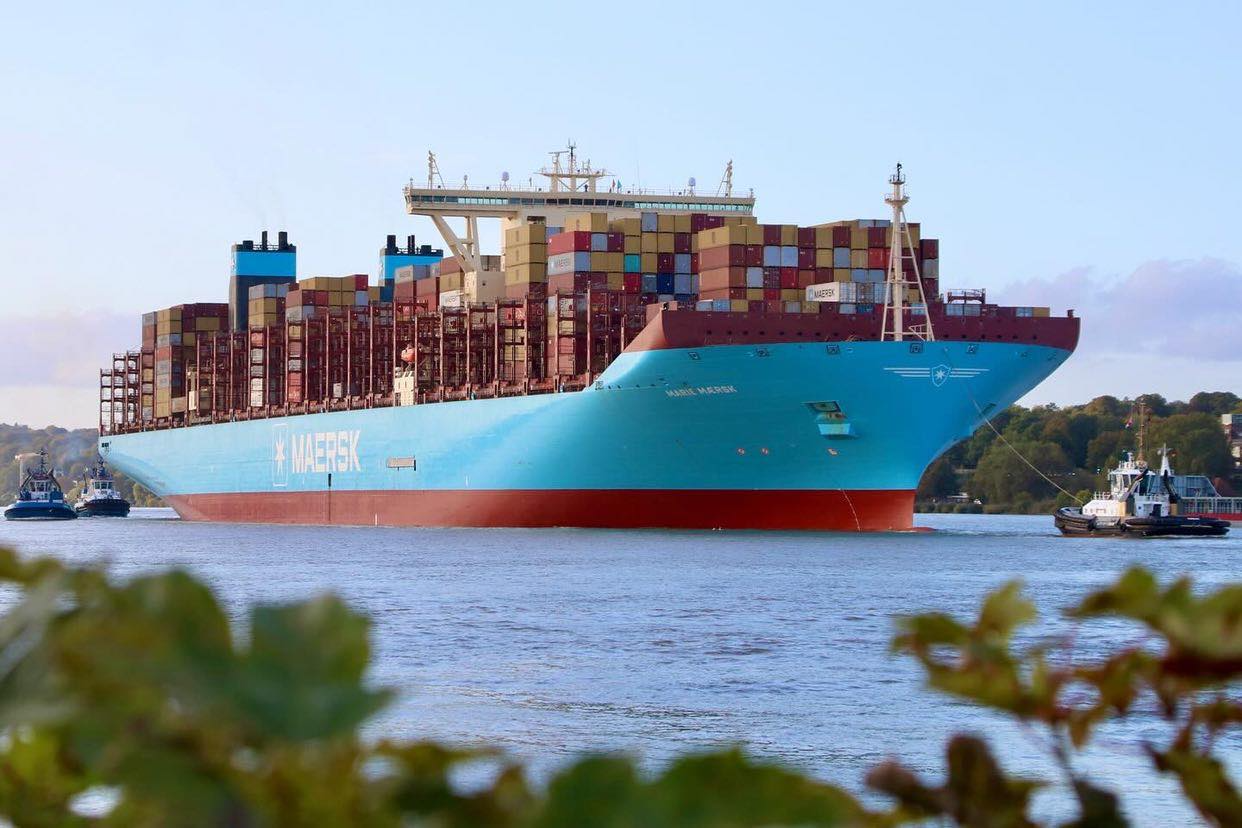
Container shipping company Maersk cuts 10.000 jobs

Container giant Maersk cuts some 9% of its workforce to protect profitability due to subdued demand and prices returning to historic levels /Maersk
Danish container shipping company Maersk, which accounts for about a sixth of global container trade, is to cut at least 10 000 jobs worldwi


Comments
Ready to join the conversation?
You must be an active subscriber to leave a comment.
Subscribe Today